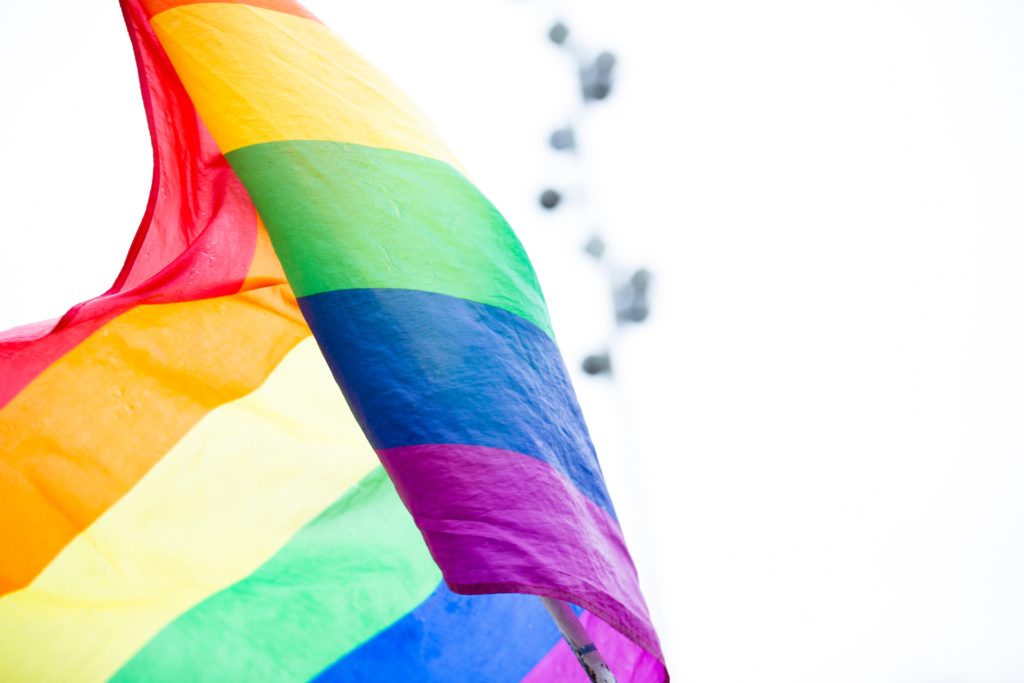
Published November 15, 2022
The recent departure of large numbers of congregations from the United Methodist Church over LGBTQ matters is a significant development. For an outsider’s perspective, it would seem to indicate impatience with the process for handling disagreements over the politics of sexuality and gender within the denomination. The once-touted planned amicable split is clearly happening in a less amicable (and more chaotic) fashion than originally intended.
The most divisive cultural issues of our day—those clustered around the questions raised by the Rainbow Alliance—are taking a deep toll within the Christian world.
That Christianity is being torn apart by a moral issue is interesting. For many years, mainline denominations such as the United Methodists and the Presbyterian Church, USA (PCUSA), were very relaxed with regard to normative doctrine. They were able to accommodate profound disagreements over many issues, from the authority of scripture to matters such as the historicity and significance of the Incarnation and the resurrection. This was the case in the Church of Scotland for many decades. Only with the arrival of the legitimation of a gay man in the ministry did the real open warfare within the denomination start and significant numbers of evangelicals depart.
Please continue reading on WORLD Opinions.
Carl R. Trueman is a fellow in EPPC’s Evangelicals in Civic Life Program, where his work focuses on helping civic leaders and policy makers better understand the deep roots of our current cultural malaise. In addition to his scholarship on the intellectual foundations of expressive individualism and the sexual revolution, Trueman is also interested in the origins, rise, and current use of critical theory by progressives. He serves as a professor at Grove City College.
Carl R. Trueman is a fellow in EPPC’s Evangelicals in Civic Life Program, where his work focuses on helping civic leaders and policy makers better understand the deep roots of our current cultural malaise. In addition to his scholarship on the intellectual foundations of expressive individualism and the sexual revolution, Trueman is also interested in the origins, rise, and current use of critical theory by progressives. He serves as a professor at Grove City College.










